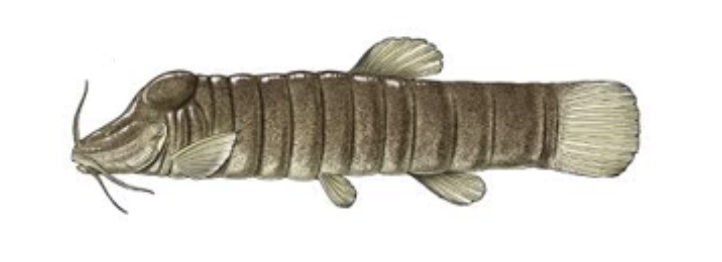
Ten freshwater fish from around the world that haven’t been seen in at least a decade will be the focus of expeditions.
Shoal, the global initiative and partnership for freshwater species conservation, and its partner Re:wild, announced today, June 9, that they have started a Search for Lost Fishes. The Search for the Lost Fishes is an extension of Re:wild’s Search for Lost Species campaign, which was launched in 2017. In the four years since then, seven of the 25 most wanted species have been found. The first expedition for the Search for Lost Fishes, looking for the fat catfish, is expected to begin over the next few months.
Shoal and Re:wild developed a list of 10 freshwater fish species that have not been recorded anywhere in over a decade, but have not yet been declared Extinct. Scientists believe there is still a chance that if searches for the species could be mounted, the species would be rediscovered and protected from the threats that caused them to seemingly vanish.
From a master list of over 300, Shoal and Re:wild have chosen an initial Top 10 Most Wanted fish:
- Duckbilled buntingi (Adrianichthys kruyti), Indonesia
- Fat catfish (Rhizosomichthys totae), Colombia
- Spinach pipefish (Microphis spinachioides), Papua New Guinea
- Annamite barb (Hypsibarbus annamensis), Vietnam
- Haditha cavefish (Caecocypris basimi), Iraq
- Titicaca orestias ((Orestias cuvieri), Peru, Bolivia
- Itasy cichlid (Ptychochromoides itasy), Madagascar
- Diyarbakir (Batman River) loach (Paraschistura chrysicristinae), Turkey
- Mesopotamian barbel (Luciobarbus subquincunciatus), Turkey, Syria, Iran, Iraq
- Syr Darya shovelnose sturgeon (Pseudoscaphirhynchus fedtschenkoi), Kazakhstan, Tajikistan Uzbekistan
For each of these species, Shoal will support and encourage expedition teams to work with local communities and experts to search in the habitats where the fish have previously been recorded, with the aim of rediscovering these creatures that have been lost to science for decades. For each of the species that are rediscovered, Shoal will initiate conservation action to help bring them back from the brink of extinction and give them a second chance at survival.
“The Search for Lost Fishes campaign is incredibly exciting,” said Mike Baltzer, executive director of Shoal. “While the project is driven by science and is aimed to give these species the best possible chance of survival, it also has a strong element of mystery and adventure about it. These species have amazing back stories, were all known from incredible locations and are still much loved by the local people. They are just as keen to find them as we are. Working with the local partners is a true highlight of the project.”
The first Lost Fishes expedition will be for the fat catfish. Shoal has secured preliminary funding for the search and it is planned to start in July in Colombia. It will involve using environmental DNA (eDNA) methods to detect whether the fish may still be in Lake Tota. The expedition team will sample the water, searching for traces of DNA left by the fat catfish. If the eDNA sampling comes back positive, conservationists will have proof that the fish still survives somewhere in the lake or nearby. The next step, if any DNA is found, will be to refine the search based on the location of the detected eDNA.
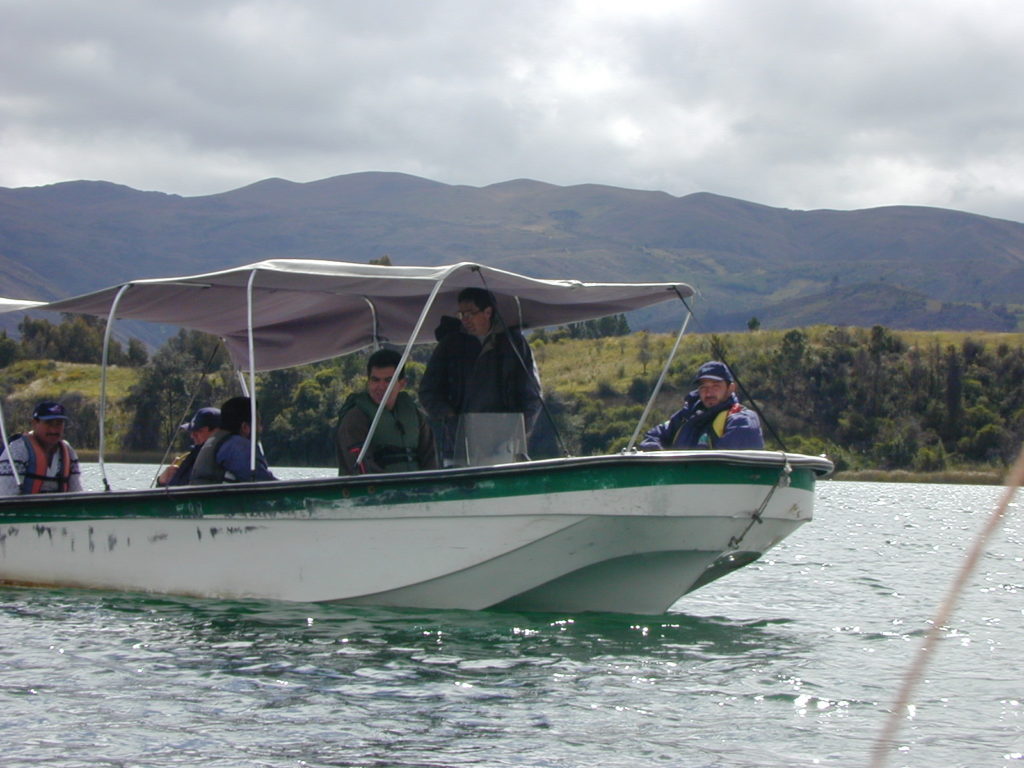
“If the fat catfish still survives, it will be one of the rarest fish in the world,” said Dr. Barney Long, senior director of conservation strategies, Re:wild. “There have only ever been 10 specimens found, so if the expedition does find the fat catfish, it would be hugely exciting. Also one question may finally get answered; why is it so fat? There is no other fish in the world like it and it has been one of the mysteries of ichthyology for years.”
Recent rediscoveries have fueled hope that the species on the Top 10 Most Wanted Lost Fishes list will be found. The Dumbéa River pipefish was originally planned to be included on the list, but a sighting of the fish in New Caledonia, based on a single record on iNaturalist, a citizen science app, was recently confirmed by scientists. Damien Brouste, a naturalist and angler, became the first person with a confirmed sighting of the species in over a decade.
Shoal and Re:wild are asking anyone to contact them if they can sponsor or even partner to undertake the expeditions and establish the urgent, vital conservation action these lost fishes need if they have survived.
Gallery of Lost Fishes, Images via SHOAL
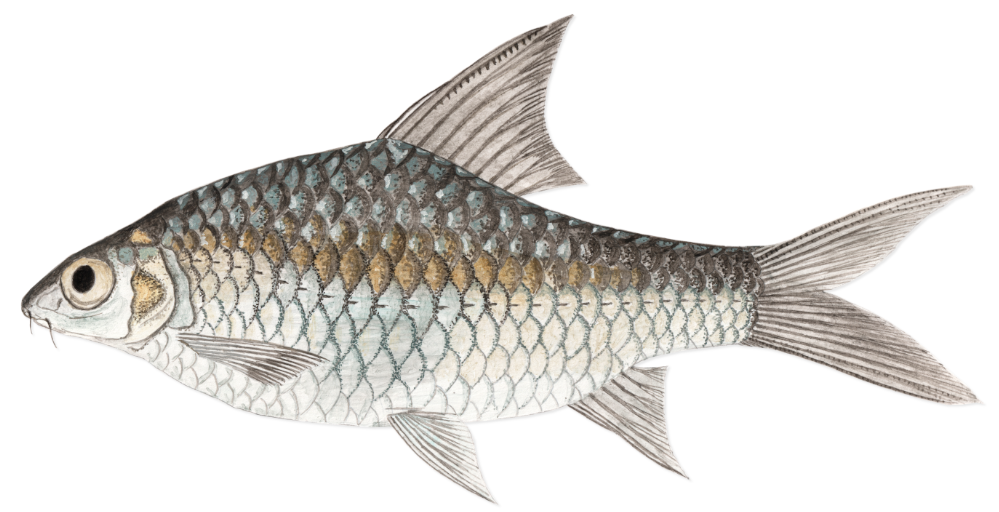
Annamite barb (Hypsibarbus annamensis) 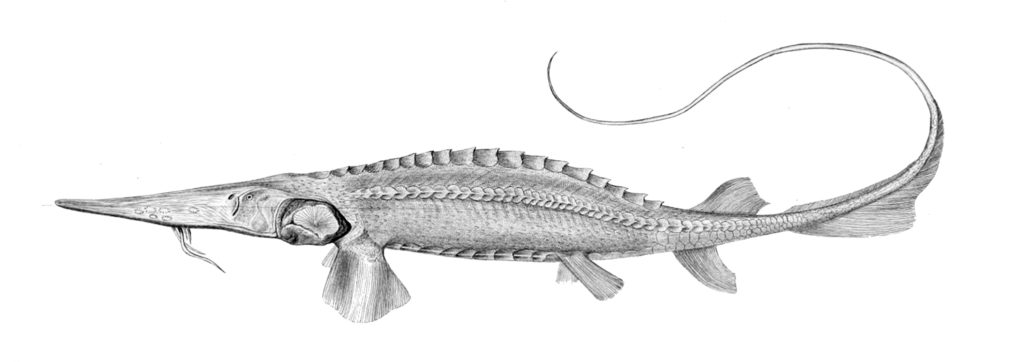
Syr Darya shovelnose sturgeon (Pseudoscaphirhynchus fedtschenkoi) 
Spinach pipefish (Microphis spinachioides) 
Diyarbakir (Batman River) loach (Paraschistura chrysicristinae) 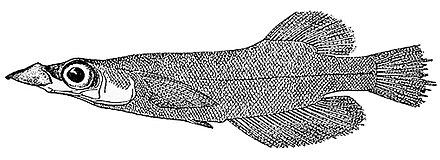
Duckbilled buntingi (Adrianichthys kruyti) 
Haditha cavefish (Caecocypris basimi) 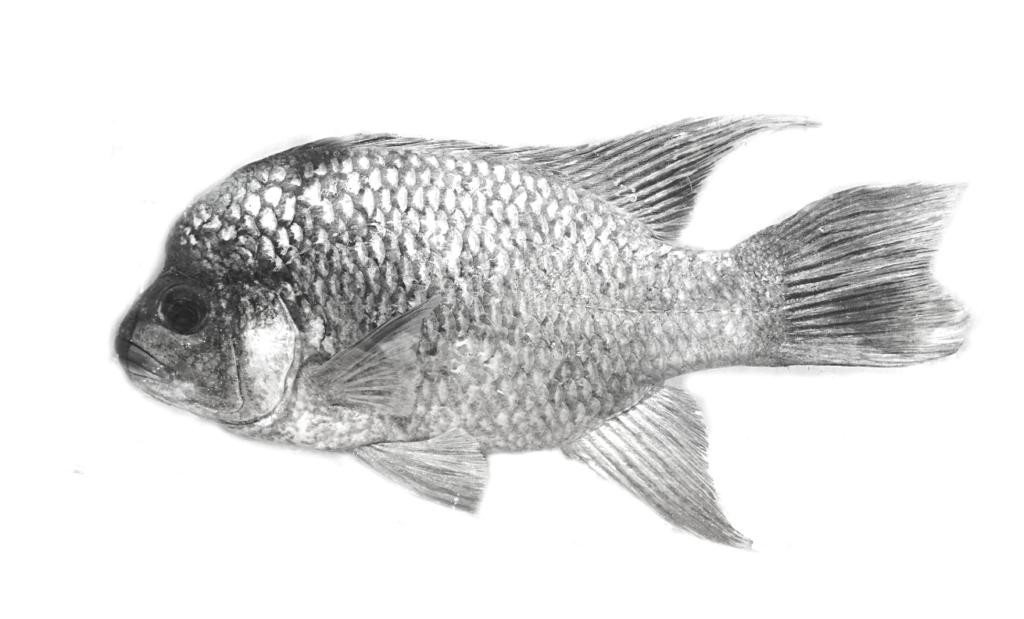
Itasy cichlid (Ptychochromoides itasy) 
Mesopotamian barbel (Luciobarbus subquincunciatus) 
Fat catfish (Rhizosomichthys totae) 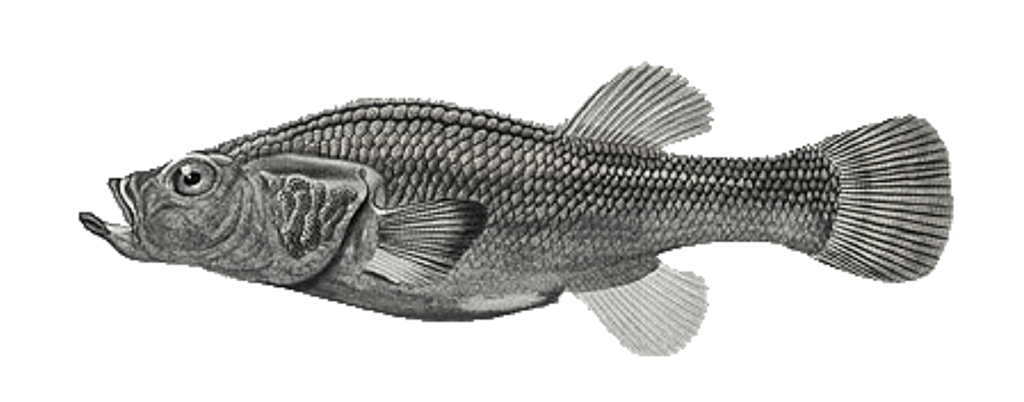
Titicaca orestias (Orestias cuvieri)
Shoal
Shoal is a global collaborative initiative to halt the extinction and recover populations of the most threatened freshwater species in the wild. Freshwater species are going extinct faster than their marine or terrestrial cousins, and almost one in three of those alive today could soon disappear, never to return. There is an urgent need for determined action, and Shoal is building a strong community of partners that will work together to give critical attention, escalate support, and accelerate and intensify the action that is required to stem the tide of extinction and recover endangered species populations throughout the Earth’s freshwaters.
Shoal is a programme of Synchronicity Earth and Re:wild. Synchronicity Earth is a charity registered in the UK and Wales No: 1132786 and a company limited by guarantee No: 06952204. Re:wild is a U.S.-based 501(c)3 non-profit corporation.
Join The Shoal at shoalconservation.org.
Re:wild
Re:wild protects and restores the wild. We have a singular and powerful focus: the wild as the most effective solution to the interconnected climate, biodiversity and pandemic crises. Founded by a group of renowned conservation scientists together with Leonardo DiCaprio, Re:wild is a force multiplier that brings together Indigenous peoples, local communities, influential leaders, nongovernmental organizations, governments, companies and the public to protect and rewild at the scale and speed we need. Re:wild launched in 2021 combining more than three decades of conservation impact by Leonardo DiCaprio and Global Wildlife Conservation, leveraging expertise, partnerships and platforms to bring new attention, energy and voices together. Our vital work has protected and conserved over 12 million acres benefitting more than 16,000 species in the world’s most irreplaceable places for biodiversity. We don’t need to reinvent the planet. We just need to rewild it—for all wildkind. Learn more at rewild.org.
###







